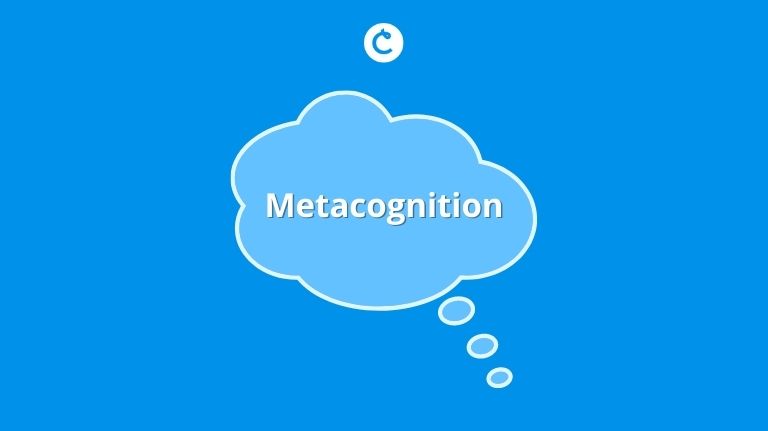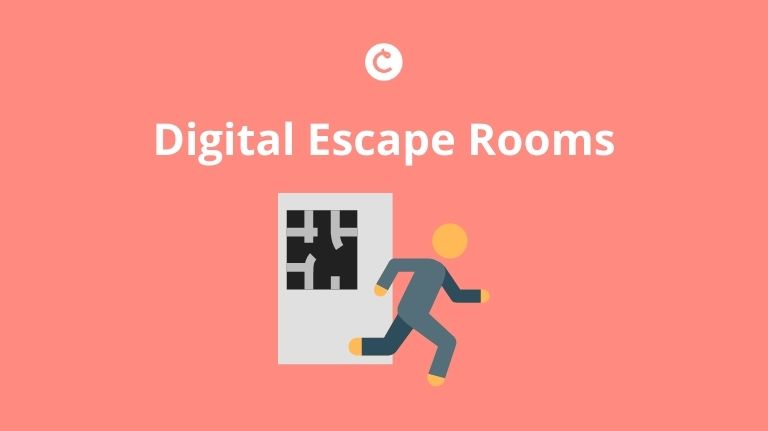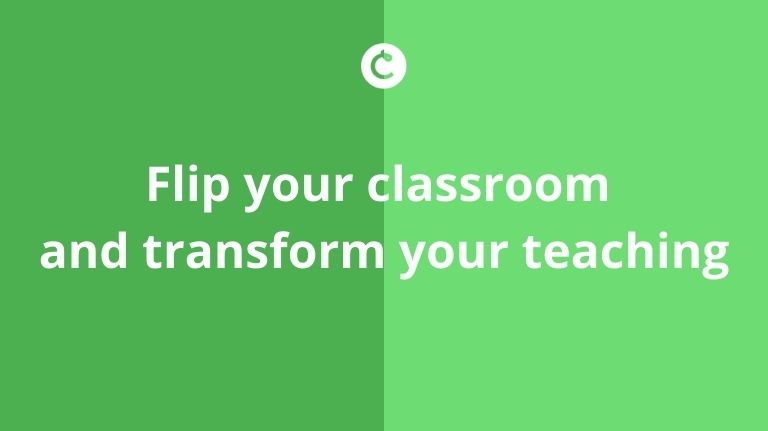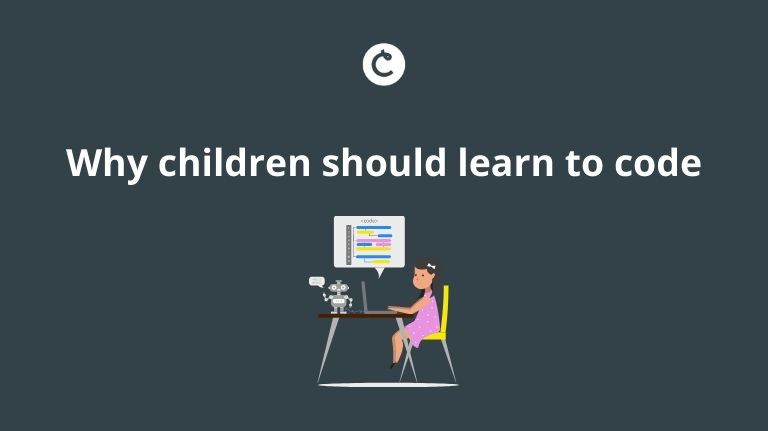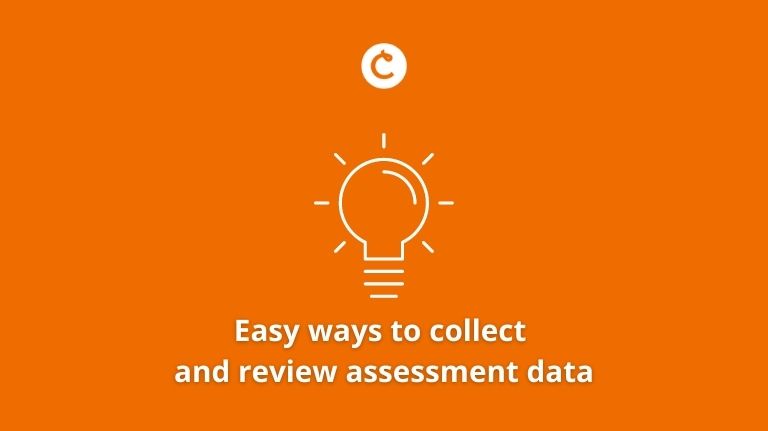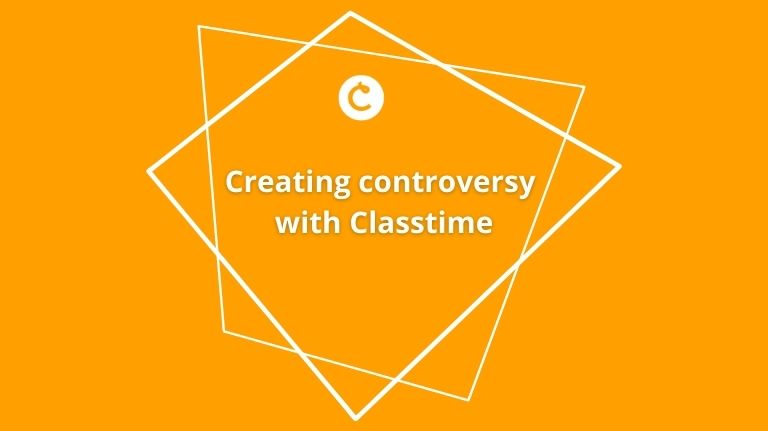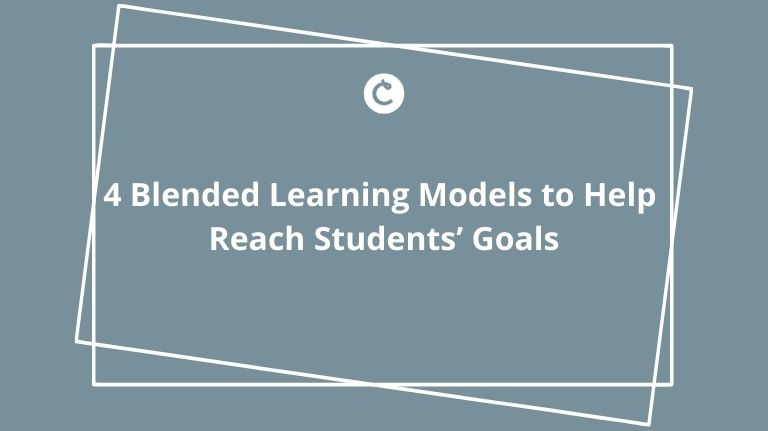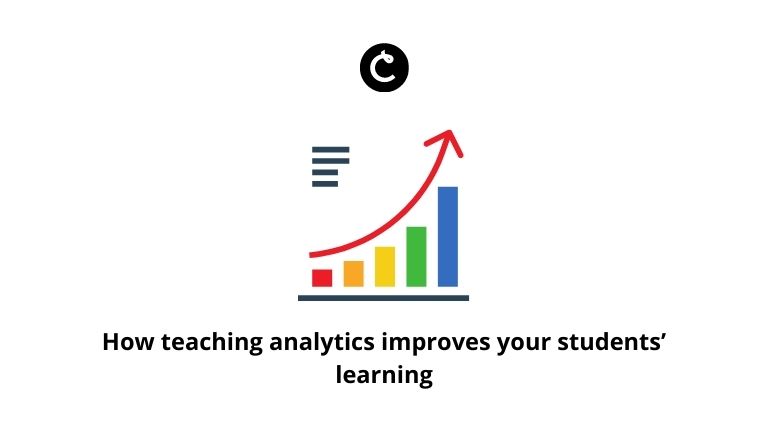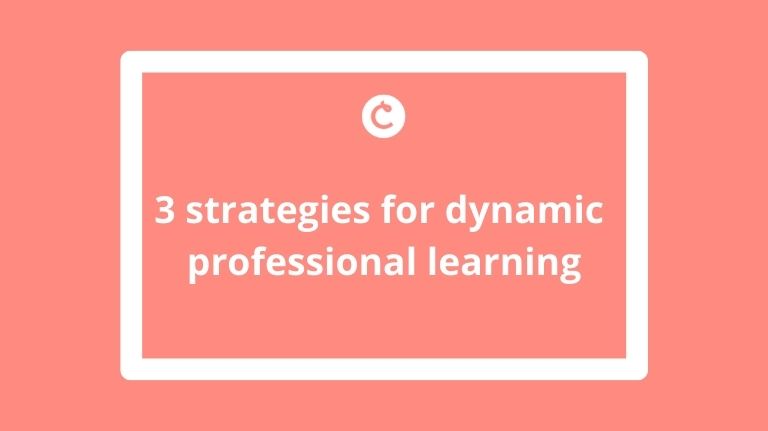Category: Education Insights
Teaching with technology can be frustrating. On one day, you show up to a computer lab with your class and all of the desktops have to run mandatory updates. Trying to avoid that problem in the future, you get their hands on an iPad cart after waiting another several days, but find out the devices don’t have the necessary […]
No matter the subject area, all teachers want their students to be thinkers. We want them to be reflective, pursue topics in-depth, attack problems from multiple angles, and draw complex conclusions. But how do they get better at that kind of thinking? By developing their metacognition — the ability to think about their thinking. Technology aside, making an effort to […]
If you’re not familiar with the “Escape Room” (and increasingly digital escape rooms) phenomenon found across the U.S., you’re definitely missing out! Escape rooms have made their way into recreational entertainment, board games, and even Hollywood. The premise is relatively simple: players must complete a series of tasks in order to gain passwords, retrieve clues, or gather other information […]
As teachers in an ever-more demanding profession, the one resource that we all wish we had more of is time. Over the past couple of years, I’ve had the chance–with some help from Classtime–to “flip” my classroom with digital assessments and give me some of that precious resource of time back. If you’re not familiar with “flipped” classrooms, it’s much […]
Learning how to code is akin to learning a new language. In a study on bilingualism published on NCBI, it was discovered that learning another language has cognitive benefits. These benefits begin at childhood, where kids are able to better adjust to their environment, retain information, and extend even beyond dotage. Now, coding may not be a language per se […]
Here, you’ll find the same steps to creating “Rapidfire Classtime Assessments” that were mentioned in the video, as well as the resources mentioned in it. At the very end, you’ll find some extra help on how to create your own Classtime-Infused Hyperdocs & Hyperslides. Step 1: Keep the Goal in Mind Although the words “Rapidfire Classtime Assessments”, “HyperDocs”, and […]
Learn how to create controversy with Classtime, and find all of the resources that were mentioned at the end of the video. Keys to Setting Up A Good Prompt for Controversy1. Make sure that your prompt doesn’t have a definitive answer. It could eventually end in a right/wrong answer after you expose your students to the content of your […]
A couple decades ago, the idea of blending electronic technology and traditional classroom teaching would not have been possible. Not every student had a computer in their home and reliable internet was not available in every school. Yet, in only the last few years (2013-2016), the availability of reliable Wi-Fi access in US K-12 public classrooms has more than tripled […]
Previously, we discussed how Learning Analytics collects and measures student data during and after your lessons to help you refine your teaching towards creating a more effective learning experience for your students. On the flip side, Teaching Analytics methods and tools analyze and improve the educational design of your lessons before it begins and analyzes the effectiveness of your delivery. […]
Challenge. Over the years, schools, districts, and educational organizations have been criticized for the traditional ways they offer professional learning for teachers. Typically, they schedule professional learning sessions at times that don’t offer teachers flexibility, choice, or differentiated learning opportunities. Today the challenge they face is how to convert the one-size fits all model for new, experienced, and veteran teachers […]


